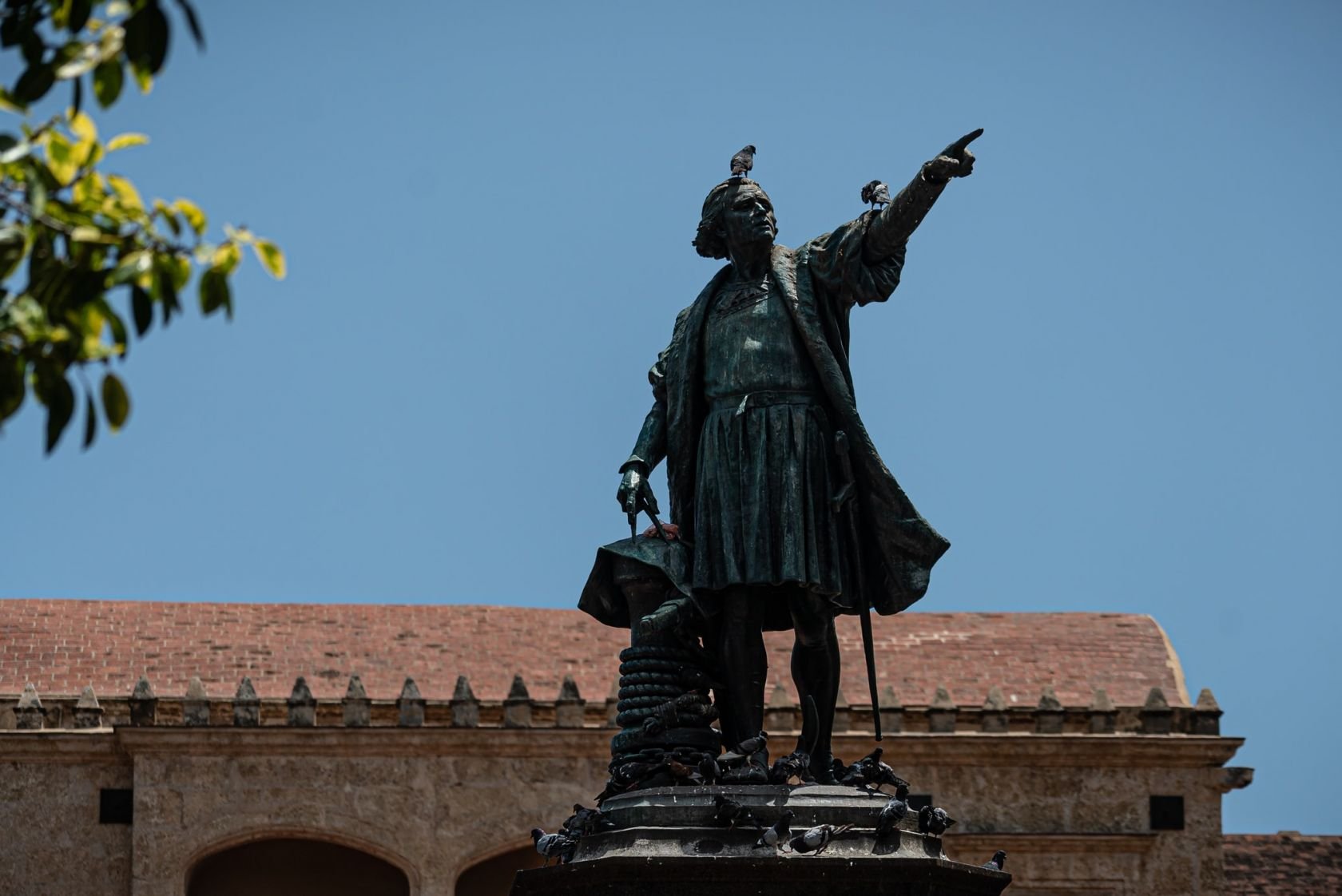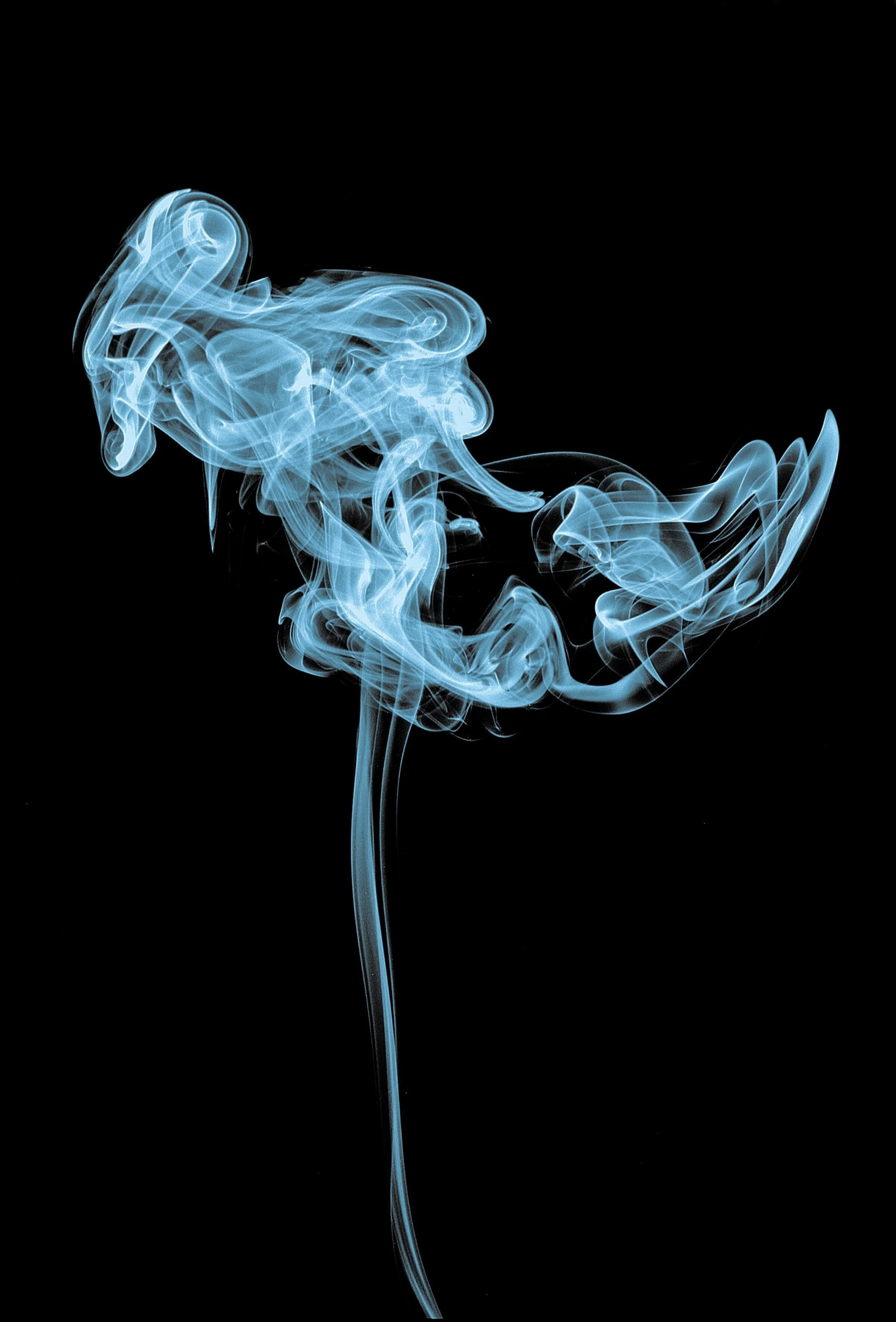The Problem With Thanksgiving is Darker Than You Think
Written By London Allen
November 23, 2023
Thanksgiving has been celebrated in America since before the birth of the nation. Today, many people celebrate the holiday without regard to the numerous monstrosities. Children dressed in homemade pilgrim hats and native headwear retell a watered-down version of the story annually but what really happened in those early years?
The story of Thanksgiving told in most schools is an inaccurate version of the true tale. Many know the story of the local native Americans who welcomed the pilgrims to a celebratory feast. The light-hearted retelling of this story is harmful and disrespectful to the Wampanoag nation who suffered greatly at the hands of the European pilgrims. After the English arrived in Plymouth in 1620, they forever damaged the lives of the Wampanoag and other Tribes through colonial expansion, disease, and eventually, war.
Thanksgiving did not begin with the Pilgrims arriving in Plymouth, as similar festivals were held in North America before their arrival. Native Americans traditionally commemorated the annual harvest with rituals and dances. Additionally, Thanksgiving was already celebrated by English people, however, it did not involve feasting and instead, fasting and prayer. Both of these traditions [culminated] into the Thanksgiving holiday Americans celebrate today. While the holiday uses the title coined by Europeans, the holiday would not exist as we know it without the Wampanoag.
When the European pilgrims arrived in North America, they began making their way through New England, infiltrating Native American towns and kidnapping Indigenous people to sell for profit in the slave trade. As a result, the Europeans spread epidemic illnesses new to Native Americans that they, as a previously isolated population, had no resources for immunity. Destroying villages at this alarming rate allowed colonists to conquer a greater scale of American land and encouraged them to continue this horrible exploitation of death.
The Wampanoag was a fruitful nation consisting of 69 villages scattered throughout what is known today as Rhode Island and Massachusetts. Long before the arrival of pilgrims, they held celebrations to give thanks in the form of feasts and ceremonial events. As they were exposed to the new diseases, they lost entire villages and were struggling to defend themselves against a nearby tribe, the Narragansett—who were less impacted by the epidemic. During this time in the early 17th century, the Pilgrims arrived with little food and knowledge of the land. This led to them stealing food and mercilessly robbing graves in the first year of their arrival before Native Americans agreed to assist them.
Reconizing the opportunity for a mutually beneficial relationship, the Wampanoag proposed a arrangement in which the Europeans would exchange weaponry for food. From the beginning, certain members of the Wampanoags did not support the decision to reach out to the English and attempted to undermine the alliance. Instead, they desired to align with Narragansetts and defeat the English colonists. These members correctly recognized that the colonists were the ones who brought illness and believed they would be the end of their people. Unfortunately, the politics of the Native Americans were more important to the native people than their differences with settlers. They were not unified and did not consider themselves members of the same community as they are widely known today.
This alliance and the subsequent sharing of food was not the true first Thanksgiving, but instead, a political agreement. The official Thanksgiving celebration occurred in 1637 and commemorated the massacre of hundreds of Pequot people—Native American people residing in present-day Connecticut—at the hands of English settlers. Any alliance with colonists soon turned sour and in about half a century, the Wampanoag and other native tribes were wrecked by the warfare, disease, and dispossession of their land.
“Our spirit refuses to die,” wrote Wamsutta… We stand tall and proud, and before too many moons pass we’ll right the wrongs we have allowed to happen to us.”
In modern America, these tribes still suffer from the harmful effects of English settlement in North America. Annually, the United American Indians of New England (UAINE) gather on Cole’s Hill in Plymouth to commemorate a National Day of Mourning instead of the Thanksgiving holiday. Each year, they witness thousands of Americans gather with smiles at parades celebrating the arrival of the monsters who slaughtered their ancestors. Thanksgiving should be a reminder to people of the genocide and the erasure of Native cultures and a celebration of their resilience, but instead, it has been drowned out with mistruths and myths. This year, while you’re celebrating Thanksgiving, don’t forget the brutal and bloody history, and take a moment to recognize the people who were harmed most and who continue to face issues of racism in modern America.
Written by: London Allen
About the Author:
London (she/they) is the editorial department head and loves writing about educational topics and current issues in the world.
Check out our social media for more resources:
Featured Image
Sources :
https://www.smithsonianmag.com/history/thanksgiving-myth-and-what-we-should-be-teaching-kids-180973655/
https://www.si.edu/spotlight/thanksgiving/history
https://www.culturalsurvival.org/news/thanksgiving-day-mourning-many-indigenous-communities
https://www.desertflowerfoundation.org/en/our-achievements.html
Education
Additional Reading
Intro to Decolonization: US History
June 15, 2023
Identity, Oppression, US Politics, Race
September 12, 2023
June 15, 2023
Leave a comment





